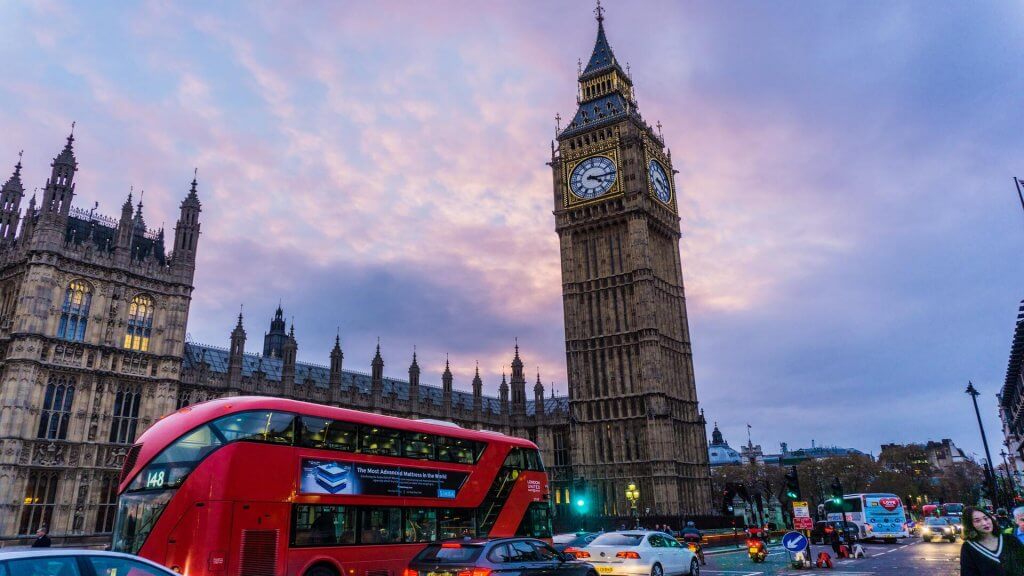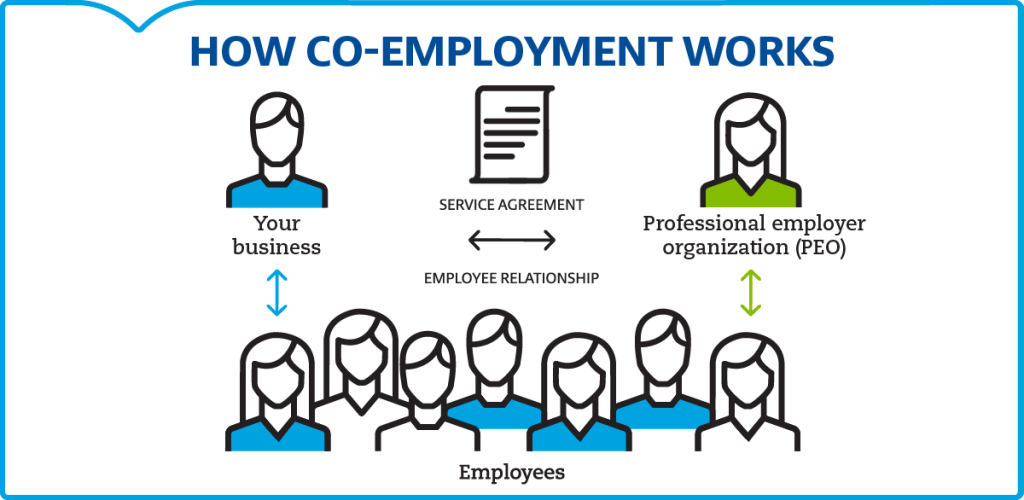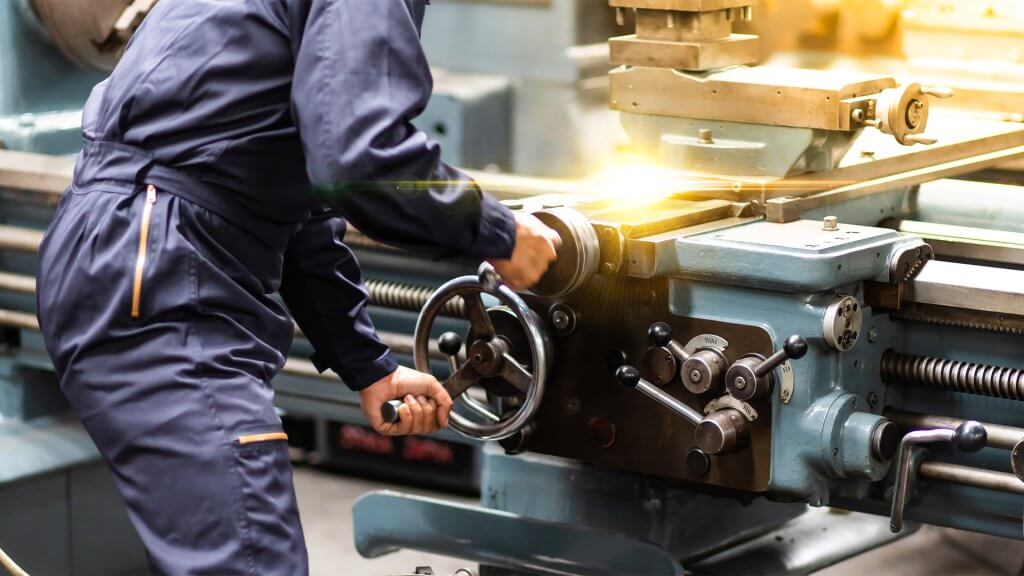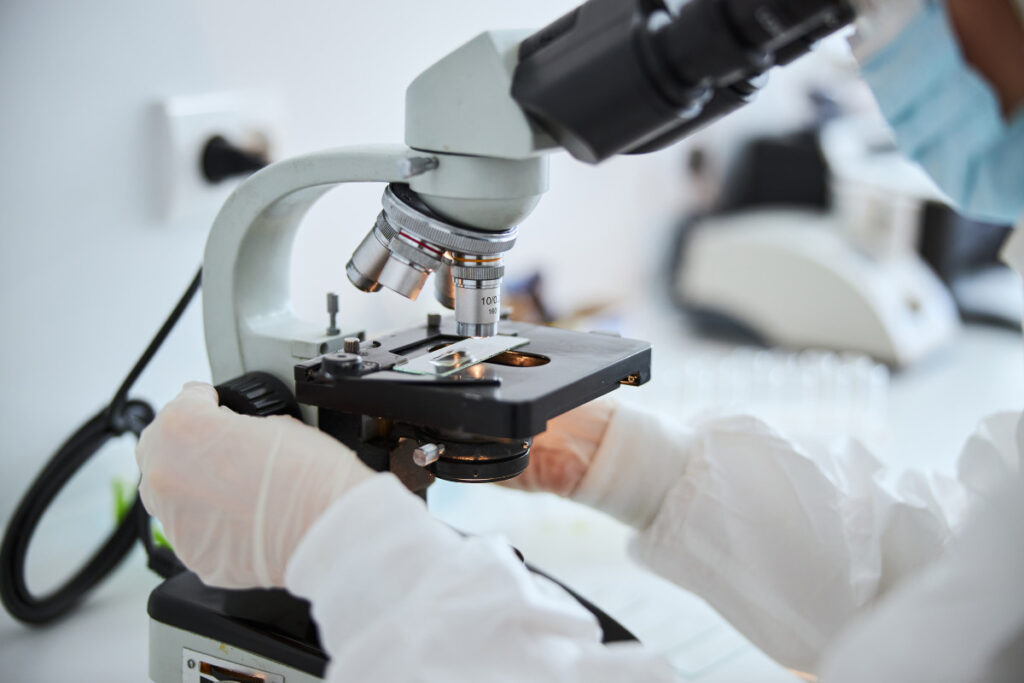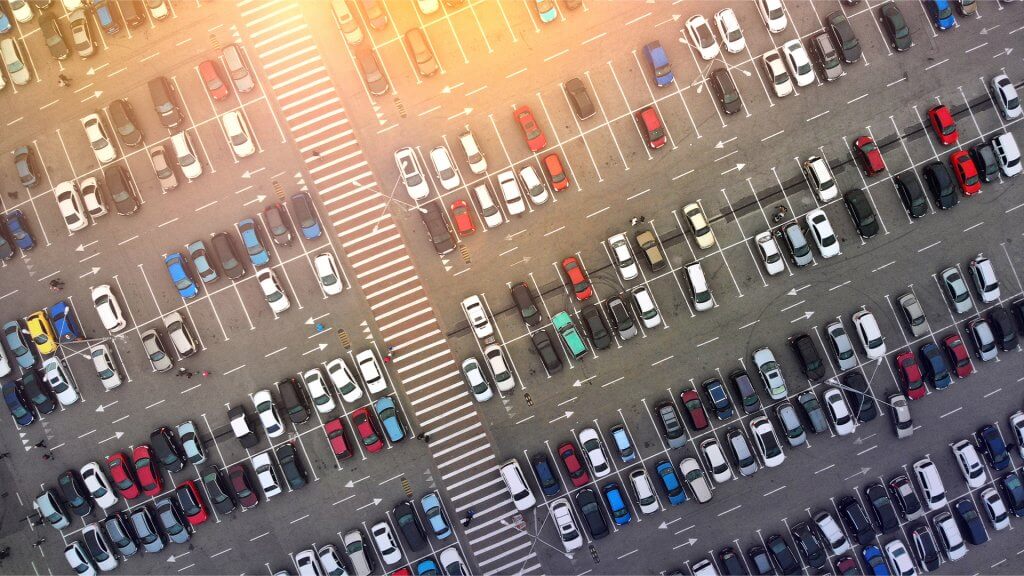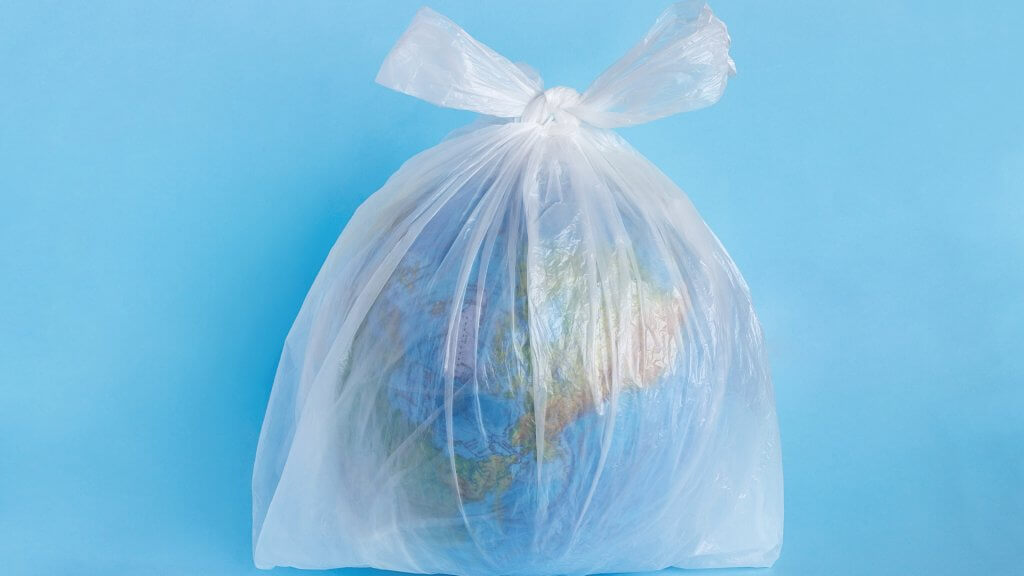
Plastic packaging tax is a form of environmental taxation that came into effect this year, on 1 April 2022. To examine whether plastic packaging tax will prove successful in creating a demand for more sustainable products, professionals should consider the implications of previous taxations, such as the sugar tax.
In 2018, the government introduced a levy on soft drinks that contained more than 5g of sugar per 100ml. This resulted in the sugar content of soft drinks reducing significantly. In fact, according to a study by the University of Cambridge, households consumed drinks with 10 per cent less sugar in the first year that this came into effect.
This suggests that the plastic packaging tax will prove to be just as successful, encouraging manufacturers and importers to reduce the amount of non-recyclable materials used. Here is a closer examination of the taxation and which companies it is likely to affect.
What is the purpose of plastic packaging tax?
The UK plastic packaging tax charges companies that manufacture or import packaging that is made out of less than 30 per cent recycled plastic. The standard taxation is £200 per tonne of plastic packaging.
This applies to all manner of plastic packaging, whether it is used by companies or consumers. Plastic packaging used in the supply chain, such as bubble wrap and packaging peanuts, is equal to consumer single-use plastics, from disposable utensils to coffee cups made of plastic.
The taxation will reduce the number of plastic products made from pure virgin material from entering landfill. It will also reduce how much is being used for waste-to-energy incineration and encourage businesses to create sustainable solutions, such as designing innovative cosmetic containers and recyclable food packaging.
The goal of plastic packaging tax: to prevent a valuable resource ending up in landfills
Plastic packaging tax will incentivise a number of people within the packaging industry. First and foremost, manufacturers and importers of plastic packaging exceeding 10 tonnes per year may face charges.
In addition to manufacturers and importers, the taxation can also affect businesses that buy plastic packaging. To avoid any unnecessary charges, packaging buyers and new product managers should keep a record of their purchasing history and consider buying from companies that favour recycled plastics.
This has the possibility of creating a demand for more plastics made from recyclable materials within the industry.
Judit Guerra-Falcon, product sustainability and compliance manager at Waddington Europe, a leading producer of rigid plastic packaging, with product brands including Eco Blend 100 and Eco Blend Pura ranges, has commented:
“The goal of the UK Plastic Packaging tax is to provide an economic incentive for business to use more recycled plastics in the manufacturing of packaging. As a result, collection levels of plastic waste will increase. This may help to prevent this valuable material resource ending up in landfills or being incinerated.”
In fact, the taxation is estimated to increase the demand for sustainable plastic packaging by 40 per cent, saving as much as 200,000 tonnes of carbon in 2022 to 2023.
The implications of the plastic packaging tax remain inconclusive, although governmental bodies will continue to monitor the use of plastic packaging in the coming months. However, the demand for sustainable plastic products is obvious, meaning that corporations and packaging buyers have the opportunity to prioritise the environment.






